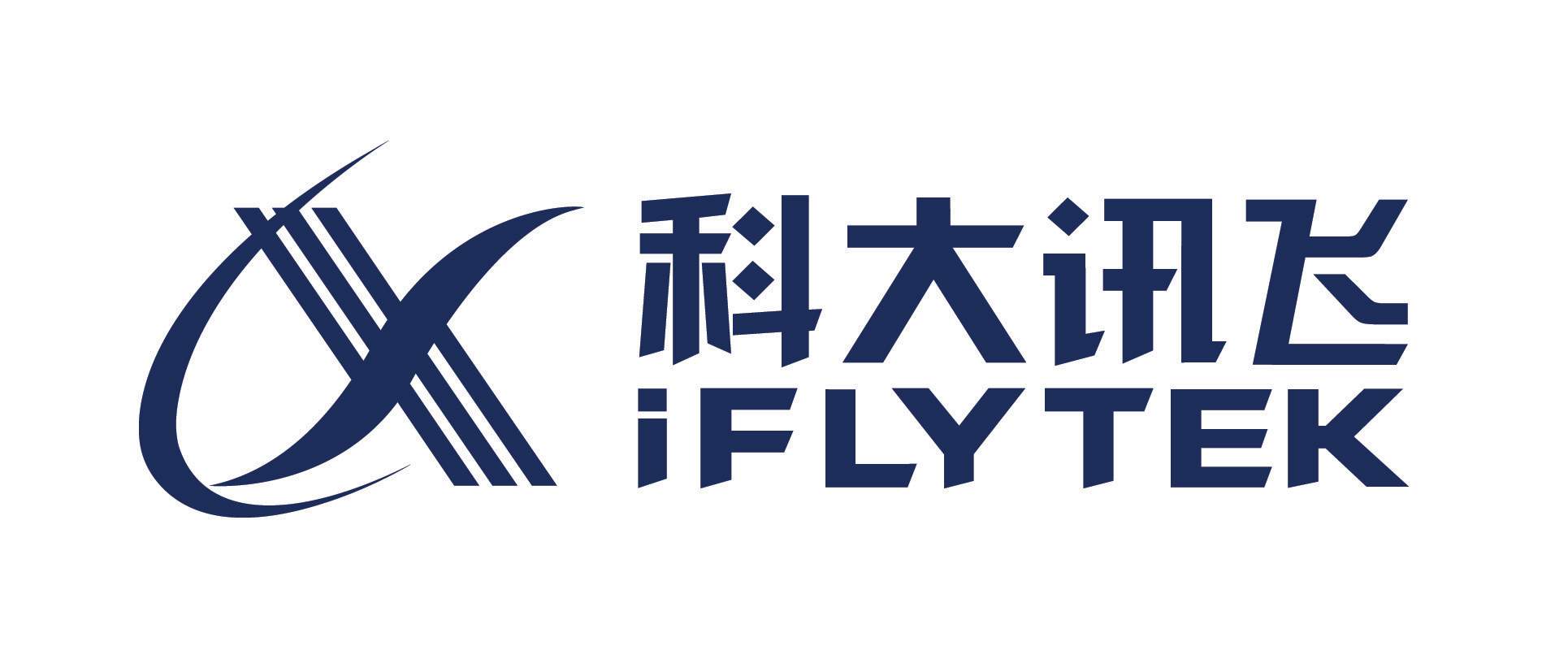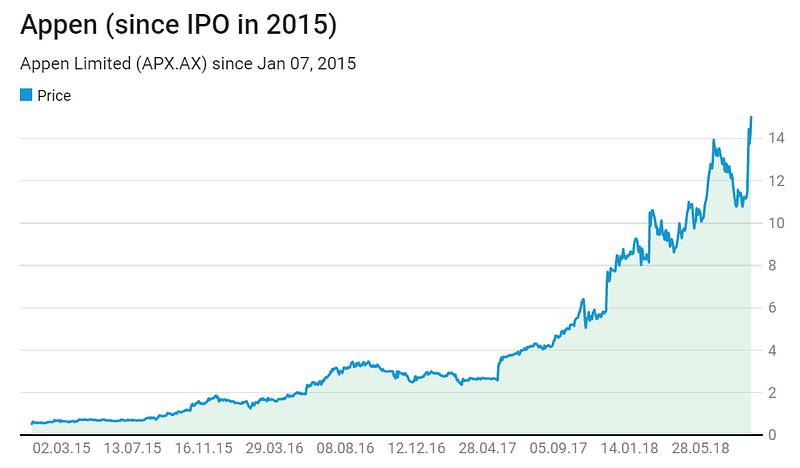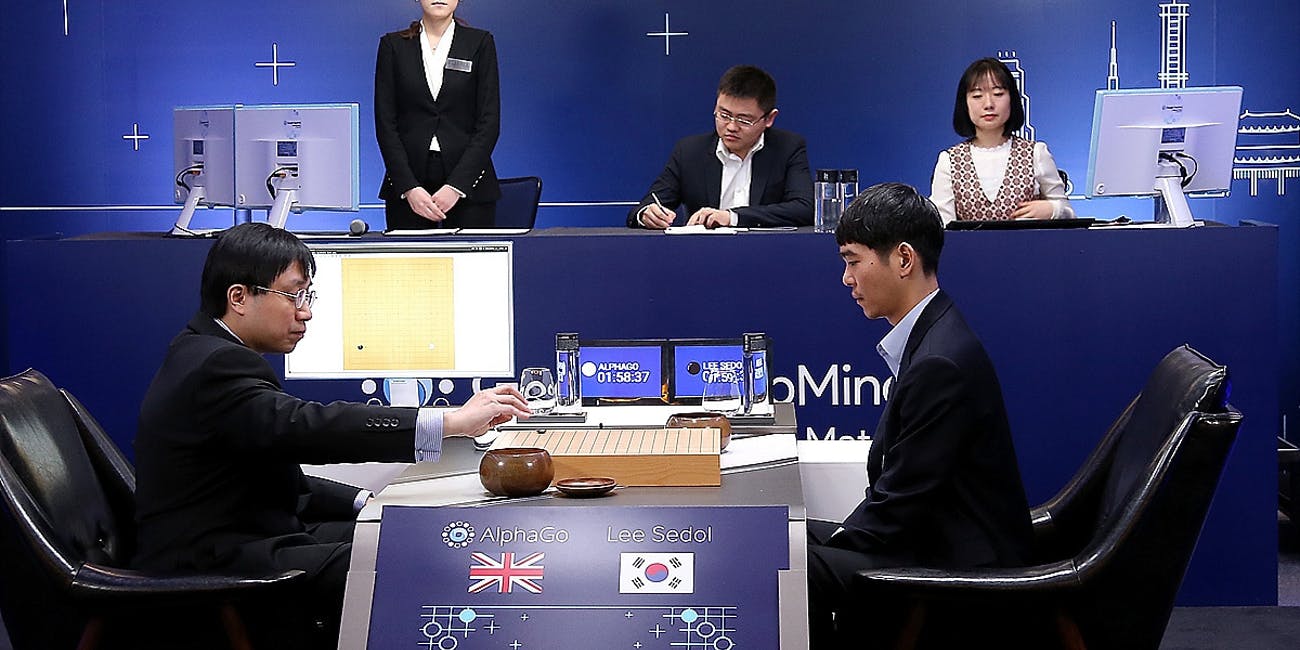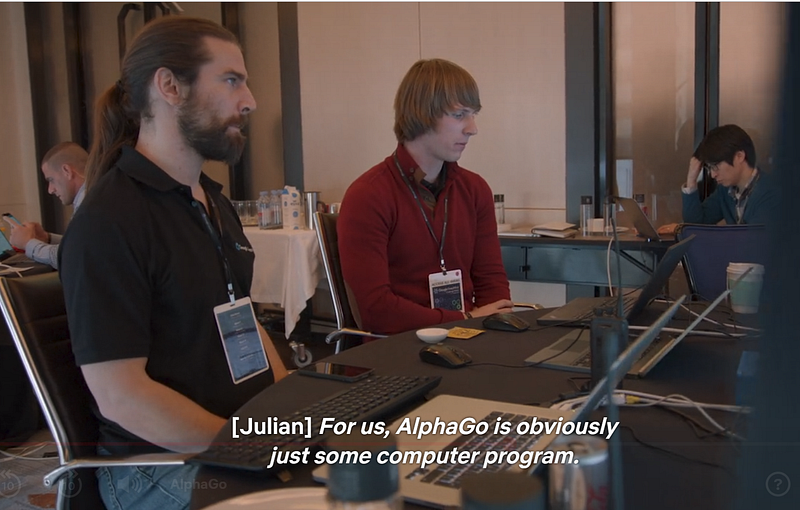What Microsoft and Google are hiding from you about their AI
- Tram Ho
In September 2018, Chinese technology company iFlytek – the global leader in AI technology, especially in speech recognition software – was accused of using human translations to disguised as a machine translation during a technology conference in Shanghai. The whistleblower is an interpreter, Bell Wang, who performs translation directly at the conference. He realized that iFlytek is using his translation as a subtitle directly on the screen, right next to the company's logo. It is because of inserting the company logo that people will think that translation is translated by the company's AI system, not by Wang.
The company also broadcast online translations using computer voice instead of the original translator's voice. Wang took photos and videos as evidence, then posted them on Zhihu, a Chinese blogging platform, and accused iFlytek of fraud. This incident created a media storm and controversy over iFlytek's PR and Marketing tactics. The company claimed that its mission was to develop advanced technology – Wang's allegations brought all those claims into question.

If you have not heard about iFlytek, here are some information about the company. In 2017, MIT Technology Review honored iFlytek as the sixth most advanced company in the world – ranked highest among Chinese technology companies, second only to Google but higher than Intel (13th. ), Apple (16th) and Facebook (23th). Microsoft is also ranked 27th. The company is also on the Shenzhen stock market list. At the peak period, iFlytek has a market capitalization of 12-13 billion USD. The company holds more than 70% of China's voice recognition technology market.
The incident of 09/2018 on is an unfortunate accident of iFlytek. Worst of all, the company deliberately mislead the public about their AI translation technology in exchange for positive PR and higher stock prices.
Praises about AI technologies like Google and AlphaGo's search algorithms are not fake, but they may not be as great as what we believe.
If this is true, one could easily say that this is a PR trick – a Chinese company is trying to create broad communication by being accused of AI spoofing. about other leaders' PR efforts in the field of AI – especially Microsoft and Google – they also revealed a similar trend. Praises about AI technologies like Google and AlphaGo's search algorithms are not fake, but they may not be as great as what we believe.
Maybe you are interested
The path to becoming a trainee at Google
Identify faces in Laravel applications using Google Cloud Vision API
People behind the manual search
Appen, a little-known Australian public company, is worth 1.57 billion Australian dollars. In the past four years, the company has focused on developing AI, and as a result, sales and profits have increased to record levels. Since the company was founded in January 2015, stock prices have risen to 2900% (29 times).

What made the company so successful? Appen provides companies AI input data and results validation: check and perform balances manually to make sure the algorithms do exactly what they are designed for. A report said that Appen's clients have 8 of the 10 tech giants, including Apple, Facebook, Google and Microsoft.
Validating results businesses account for 86% of Appen's revenue. The Appen website announced that there are more than 500 full-time employees and over a million freelancers worldwide working for the company. The job of these freelancers is to confirm search engine results based on the criteria set manually. As a result, the output of these search engines is significantly improved.
The deals bound Appen to not reveal its client names, but industry experts say the company's biggest client is Microsoft's Bing and Google. These two companies can account for about one-third of Appen's revenue.
In other words, Google and Bing's search results, are "supported, repaired and trained" by more than a million people. This distributed workforce is responsible for the reliability and integrity of the searches we do every day.
If I were Microsoft or Google, I would not open my relationship with Appen because technology companies all benefited from being known as a sophisticated automation technology construction company, instead of because a manual labor-based system.
AlphaGo is not the "Holy Grail of AI"
The right perception of a thing is very important. Over the years, Google is innovating and improving at breakneck speed. AlphaGo defeated world champion Lee Sedol in the ancient game – Go in March 2016. Since that victory, Demis Hassabi, co-founder of Google Deepmind, has called AlphaGo the "Holy Grail of AI" . This gives the misconception that DeepMind has broken the final challenge of AI. However, this is not true.

The pinnacle of AI search is the development of "general AI", a system that can learn skills and knowledge even without prior knowledge of it, just like a child learns from a child.
Currently, one of the most challenging aspects of AI is Natural Language Processing (NLP): build chatbot and the ability to translate machines like humans. For example, the ability to write creatively and understand contextual language (like jokes and slang words) is something that machines can hardly do.
Despite his ability and complexity, Go is still not the "Holy Grail of AI". In the documentary about AlphaGo, Senior Software Engineer from Google DeepMind and AlphaGo team member – Julian Schrittwieser, said that "… AlphaGo is really a very, very simple program. Its ability is less than part of the true AI.

In July 2018, DeepMind gave their AI an IQ test. And the results are pretty bad:
… AIs do very poorly if the question set differs from what it is taught, even if the variance is very small. IQ test results show that even some of the most advanced AI today cannot find a way to solve problems that are not trained. And that proves that we still have a long way to go for real AI.
– "DeepMind created an IQ test for AI, and it couldn't do well", World Economic Forum
Social media journalists and experts all avoid mentioning this detail in detail, and AlphaGo is still hailed as the ultimate limit in AI development.
Companies often describe their AI technology much more advanced and sophisticated than they really are to attract investors and increase consumer confidence. But when AI becomes more popular, technology companies get into trouble when the supporters behind the AI decide publicly about their work – or when an interpreter at a conference realizes everything Like what they are advertised.
Most AI companies rarely reveal the algorithms they use in the name of intellectual property protection. When investors want to play golf in this new field, they need to check the correctness of the claims of technology companies carefully. More than ever, we have to use all the information available to verify how artificial and intelligent AI really is.
Source : Medium
